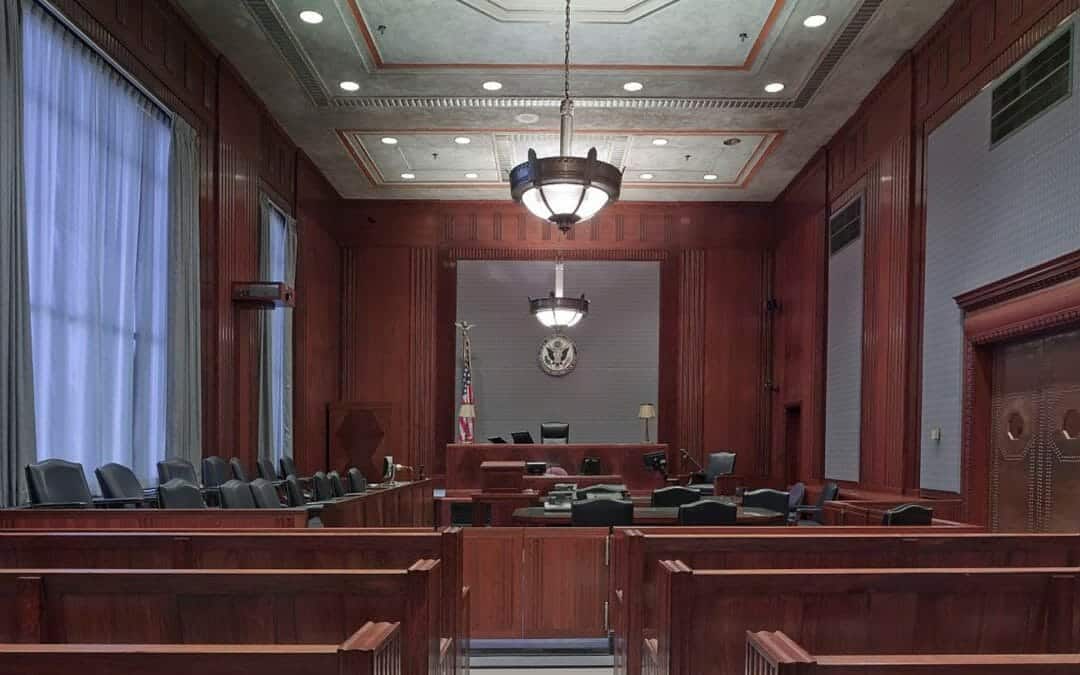Sexual Abuse Lawsuit Against Prince Andrew Goes Forward
Judge Lewis Kaplan, a federal judge in the Southern District of New York, ruled yesterday that the civil lawsuit against Prince Andrew for sexual abuse will go forward. The lawsuit filed by Virginia Guiffre claims the Prince sexually abused her when she was under 18 years of age.
Prince Andrew Sexual Abuse Motion to Dismiss
Prince Andrew’s defense counsel moved to dismiss the lawsuit, arguing that the Prince was protected by an old legal settlement Guiffre had with Jeffrey Epstein and that the lawsuit lacked specificity. In his decision on the Prince’s motion to dismiss, Judge Kaplan ruled that because the prior settlement between Guiffre and Epstein didn’t involve Prince Andrew, it doesn’t bar a lawsuit against him now.
Concerning the Prince’s claims that Guiffre’s lawsuit lacked specificity, National Public Radio reports that Kaplan reasoned that the suit alleged incidents of sexual abuse in “particular circumstances at three identifiable locations.” Further, Kaplan stated that the lawsuit identified “to whom it attributes that sexual abuse.” For these reasons, the Judge ruled that the suit should go forward to be decided by a jury and “not a trial judge ruling on a motion to dismiss a complaint.”
Prince Andrew Sexual Abuse and the NY Child Victims’ Act
Guiffre’s lawsuit against Prince Andrew is filed in New York, as she alleges the Prince sexually abused her in New York as well as London and the U.S. Virginia islands in 2001. While a typical statute of limitations may have barred Guiffre’s complaint, New York’s Child Victims Act (CVA) extends the statute of limitations for a survivor of child sexual abuse in criminal and civil cases in New York.
Before the CVA, survivors of child sexual abuse in New York only had up to five years to bring a civil lawsuit against their abusers. However, the New York legislature recognized that it is difficult for survivors of child sexual abuse to process such trauma until, at times, many years later. This prevented many child sexual abuse survivors from ever filing suit about the perpetrators. The new law gives child sexual assault victims the right to file suit against their alleged abusers until they reach the age of 55.
Prince Andrew Sexual Abuse Case Comparison to State Laws
Similar to New York’s Child Victims Act, Virginia has a statutory provision that allows for an extended filing time for child abuse victims. Virginia’s statute, Section 8.01-243(D) of the Virginia Code, permits that suits stemming from “sexual abuse occurring during the infancy or incapacity of the person . . . shall be brought within 20 years after the cause of action accrues.” While Virginia’s statute is not as lenient about extended filing times as New York’s, the 20-year extension does allow for a substantial increase in the typical time limitation.
In addition to Virginia, many other states have also adopted extensions for statutes of limitation specifically for cases involving child sexual abuse. These extensions are often based on the discovery rule, which allows for filing a civil claim after the victim discovers the sexual abuse or injury caused by the abuse.
The National Conference of State Legislatures reports that states with no extensions for sexual abuse or with the most stringent laws include Alabama, Delaware, Arkansas, Hawaii, and Michigan. Areas with the most lenient statutes of limitation related to child sexual abuse include Utah and the U.S. territory of Guam, both of which have abolished the statute of limitations for child sex abuse altogether, as well as Maine.
Don’t Get Hurt Twice!
Make Sure You Know Who’s Responsible for Your Injuries!
You can talk to us for FREE
Call today 800-277-6124 or fill out the form below.
800-277-6124
Ritchie Law Firm is a personal injury law firm devoted to helping individuals who have suffered serious and catastrophic injuries or lost a loved one as a result of someone else’s negligence. Ritchie Law Firm serves all of Virginia, while helping clients in cities and surrounding areas of Harrisonburg, Charlottesville, Staunton, and Winchester also serves clients in West Virginia, including Martinsburg, WV.

